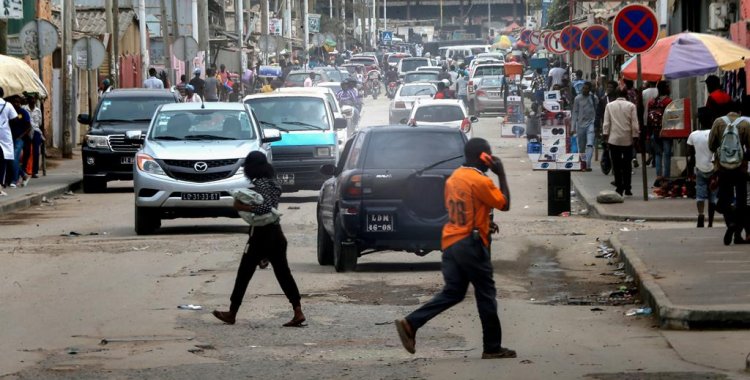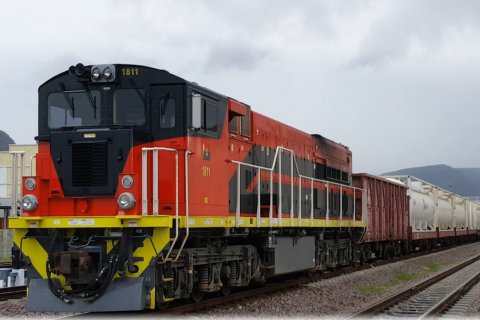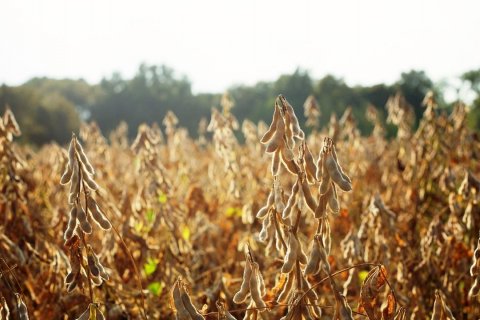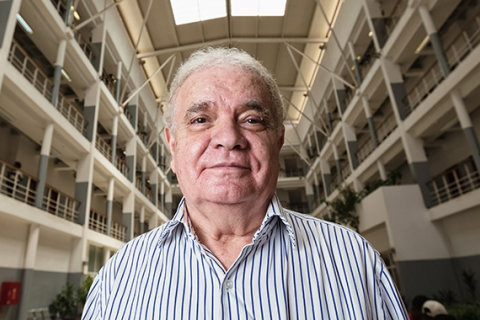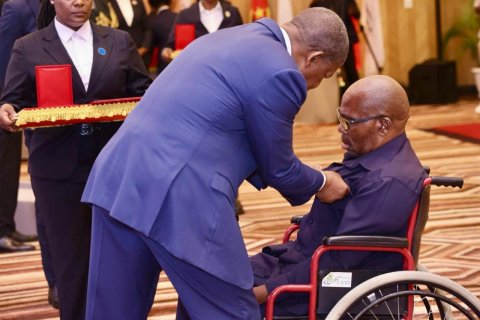In the speech launching the MPLA's political agenda, Saturday, the party leader and President of the Republic, João Lourenço, focused on the progress achieved by the party that has been in power since Independence in 1975, stating that they have done more in 50 years "than what the colonist did in 500 years".
According to João Lourenço, in the last 50 years, more universities, more schools and more housing have been built.
"[In addition], we were able to offer better water quality to our populations, more energy, which those who colonized us were unable to do. Or, if they did, they did it for them, for the colonists, not for us, the Angolans. Hence the reason for our fight. Hence the reason we took up arms to free ourselves and work for our own well-being", he highlighted.
"President João Lourenço was unhappy", analyst Albino Pakisi told Lusa, highlighting that the 500 years of colonization were different from the 50 years of MPLA governance and that if there are more projects, many are "defeasible".
"We did more in terms of quantity, we built more schools, more hospitals, more roads, but there is no comparison to what the Portuguese built," he said, pointing to the landmark schools that were built in colonial times.
For the university professor and television commentator, Angolan governments have not had "the capacity and humility to see people's real conditions to be able to assess what they are doing".
"We didn't have people in colonial times who ate out of the garbage. There has been a lack of a realistic diagnosis and as the President of the Republic doesn't go to the neighborhoods, he doesn't know the reality of the country. The MPLA must come out of its box to be able to solve the problems of Angolans", said the also philosopher.
For Luís Jimbo, executive director of the Angolan Institute of Electoral Systems and Democracy (IASED), the comparison is pointless and considered that João Lourenço wanted to "shake the water off the coattails".
"Comparing colonial exploitation with the period of sovereignty and national independence is not comparable, because the MPLA, in its role as party-state and governing party, is sovereign and has legitimacy and access to full territorial resources, from minerals, human resources, the motivation and interest of exploration is the well-being of the Angolan people", he highlighted.
On the other hand, colonial exploitation safeguarded the well-being of the colonist and not of the Angolan people, he observed, considering that João Lourenço's speech was made with the aim of "shaking the water a little from the coattails, saying that everything that the MPLA failed to do in these 50 years, on the one hand, it is to blame for the exploitation and colonial violence that we experienced and, on the other hand, it had to do with the 27 years of civil war".
Academic Almeida Henriques has another opinion and considers that João Lourenço's references to colonial times also intend to draw attention to something "fundamental: freedom".
"There cannot be any haste in our assessments, as if it were something incipient, as if it were a speech that had no purpose. We need to look at this media discourse and, if we deconstruct the speech, we will realize that many of the aspects that were addressed were a study compared between the colonial process and a process of an independent Angola", he said.
The political scientist pointed out gains in the training sector, as Portugal had "limited the intellectual training of Angolan citizens to higher education", highlighting that the cadres in independent Angola are not the same as when the country was still an overseas province of Portugal.
For Almeida Henriques, the President also wanted to present a "nationalist" image of Angolan political society.
"The previous image was not nationalist, the currency was not Angolan. And where did the revenues from cotton, coffee, and other resources from our agriculture go? They were revenues for Portugal, not for Angola", he emphasized, stating that "those who before they complained about colonial management, perhaps they are the same ones who are doubting this speech".
The expert also said that "a citizen who is not free has absolutely nothing, because he may have bread in the morning, but in the afternoon he will be led into a slavery process."

